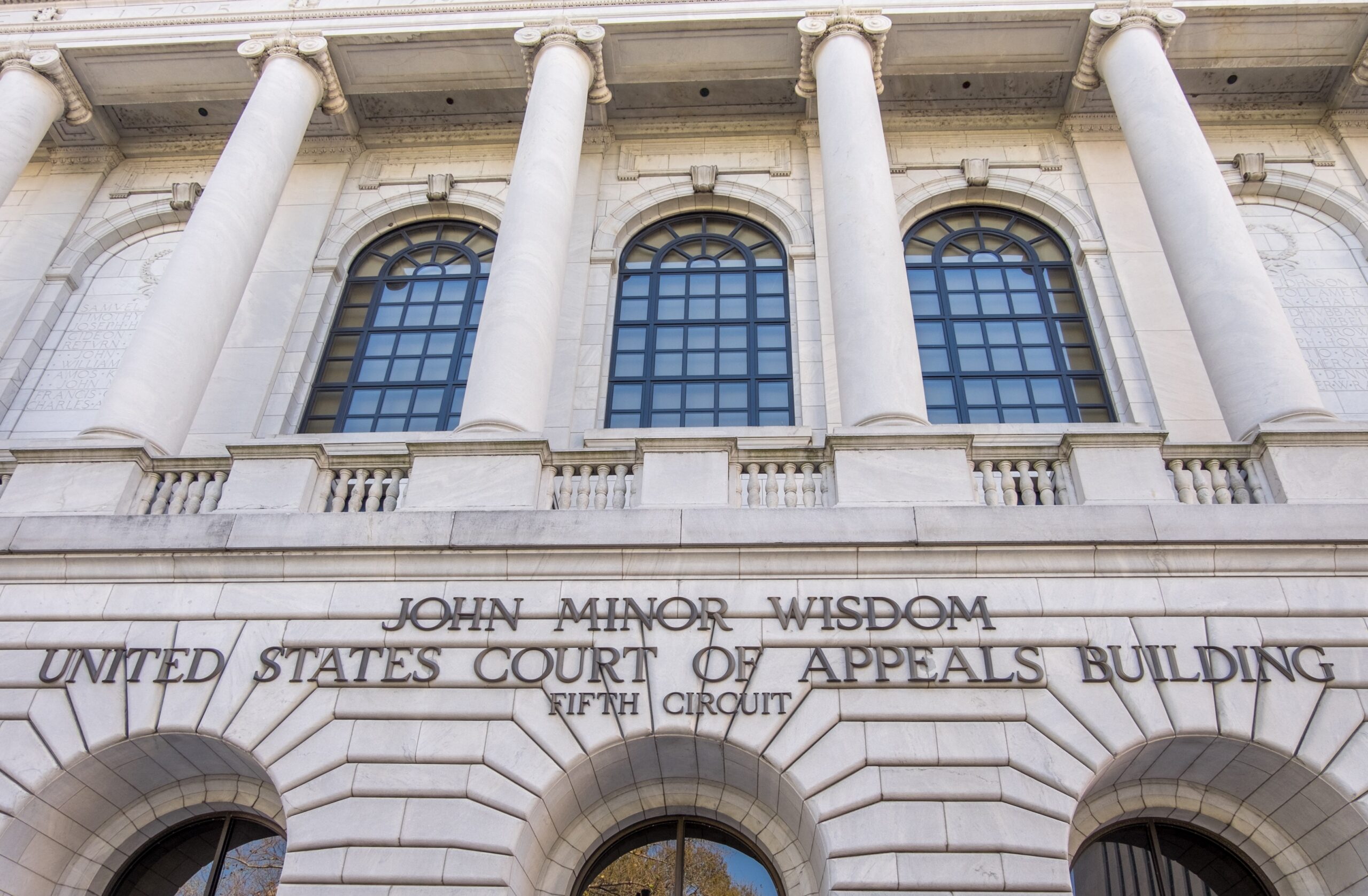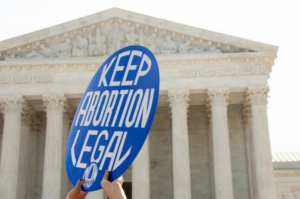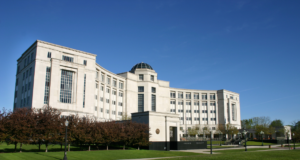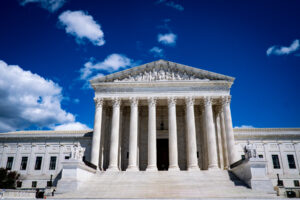Appeals court allows 1st Amendment lawsuit against Louisiana Bar to continue
2 min read
The U.S. Fifth Circuit Court of Appeals has ruled in favor of a First Amendment challenge to the Louisiana State Bar Association’s mandatory membership and compelled dues requirements.
The ruling reversed a lower court dismissal and remanded the case for further proceedings. A favorable final outcome could have far-reaching effects as the challenge mirrors the U.S. Supreme Court’s rational for upending mandatory membership and compelled dues payments in government unions.
“The Supreme Court has since either overruled those union cases or seriously called their reasoning into question,” Judge Don Willett wrote on behalf of the appellate court.
New Orleans attorney Randy Boudreaux sued the LSBA in 2019 on the grounds he was forced to join the organization against his wishes and that his compulsory dues were used to fund political activity and legislative advocacy he opposes.
The lawsuit also asserts the state Bar does not provide an adequate means to object to its political expenditures and some advocacy has nothing to do with regulating the legal profession in Louisiana.
“Since at least 2007, the Bar has used member dues to take positions on bills related to civics curriculum, midwives, tort reform, and other issues. These issues are unrelated to the practice of law and lawyers should not be forced to subsidize this activity as a condition of practicing their chosen profession,” the Louisiana-based Pelican Institute for Justice said in a statement.
The Pelican Institute represents Boudreaux, along with the Goldwater Institute and ethics lawyer Dane Ciolino.
LSBA President H. Minor Pipes III responded to the ruling, stating, “The LSBA for years has focused on ensuring that its activities and expenditures are germane to regulating or improving the legal profession.
“Although we would have preferred an affirmation from the 5th Circuit, we are confident that the courts will confirm that our procedures safeguard against the Bar engaging in political and ideological activities,” he said.
Willett determined Friday the lower court erred on three fronts: dismissing the claim that mandatory membership violated First Amendment freedom of association protections, characterizing compelled dues as a tax rather than a fee and rejecting the argument of inadequate safeguards against misuse of dues payments for lack of standing.
Attorneys in other states have challenged mandatory Bar membership, notably in Oregon and Oklahoma. In both cases, appellate courts ruled similar to the Fifth Circuit.
State Bar associations are allowed to collect dues for activities relevant to the legal profession, though the basis for doing so relies on a government union framework that was overturned in the landmark Supreme Court case Janus v. AFSCME.
That rational “is no longer applicable,” said Sarah Harbison, general counsel for the Pelican Institute for Justice, adding the controlling case law is “on a collision course with the recent Janus ruling.”
This article was originally posted on Appeals court allows 1st Amendment lawsuit against Louisiana Bar to continue







